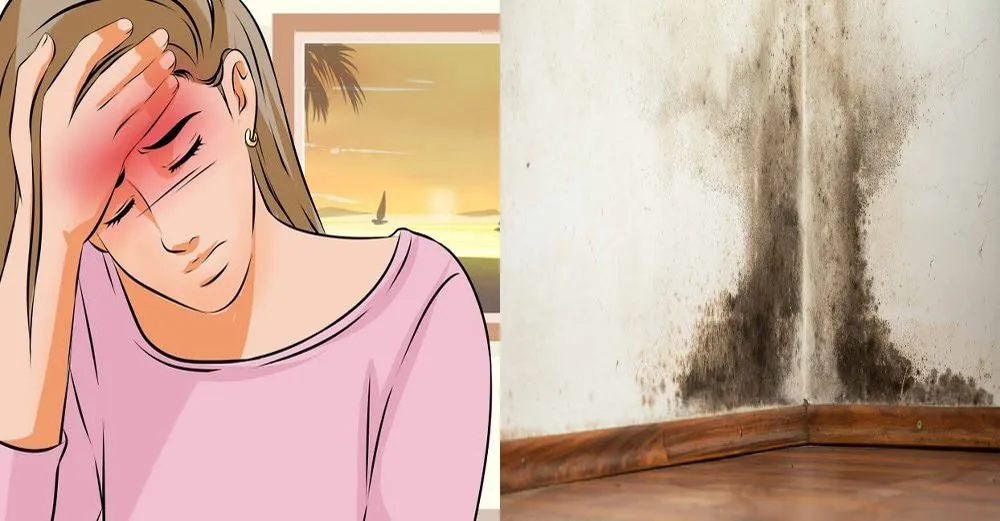Mold toxicity, also known as mold illness, occurs when a person is exposed to harmful mold spores and mycotoxins that can negatively impact their health. Mold can grow in damp, warm, and humid environments, and exposure can lead to a range of symptoms, some of which are severe. Understanding the warning signs of mold toxicity is crucial for early detection and treatment. Here are 10 warning signs that you may be suffering from mold toxicity.
1. Chronic Fatigue and Weakness
One of the most common symptoms of mold toxicity is persistent fatigue and weakness that doesn’t improve with rest. This can be a result of your body constantly fighting off the toxins released by mold, leading to an overall sense of exhaustion.
2. Respiratory Issues
Mold exposure often affects the respiratory system, leading to symptoms such as chronic coughing, sneezing, wheezing, shortness of breath, and sinus congestion. These symptoms are often mistaken for seasonal allergies or a common cold, but if they persist or worsen, mold could be the underlying cause.
3. Headaches and Migraines
Frequent headaches or migraines can be a sign of mold toxicity. The inflammation caused by mold exposure can trigger headaches that are often difficult to alleviate with standard pain medications.
4. Cognitive Difficulties
Mold toxicity can impact brain function, leading to cognitive issues such as difficulty concentrating, memory problems, brain fog, and confusion. These symptoms are sometimes referred to as “mold brain” and can significantly affect daily life.
5. Skin Rashes and Irritations
Exposure to mold can cause various skin issues, including rashes, hives, and itching. These symptoms may appear suddenly and can be localized to specific areas of the body or widespread.
6. Joint Pain and Muscle Aches
Mold toxins can cause inflammation throughout the body, leading to joint pain and muscle aches. These symptoms can mimic other conditions such as arthritis, making it difficult to identify mold as the cause.
7. Mood Swings and Depression
Mold toxicity can have a significant impact on mental health. Many people experience mood swings, anxiety, and even depression as a result of prolonged mold exposure. These psychological symptoms may occur alongside physical symptoms, creating a complex and challenging condition to diagnose.
8. Digestive Problems
Digestive issues such as nausea, diarrhea, bloating, and stomach cramps can also be signs of mold toxicity. Mold spores and mycotoxins can disrupt gut health, leading to these uncomfortable symptoms.
9. Increased Sensitivity to Light and Noise
People suffering from mold toxicity may develop heightened sensitivity to light and noise. This hypersensitivity can lead to discomfort and exacerbate other symptoms such as headaches and anxiety.
10. Immune System Dysfunction
Mold exposure can weaken the immune system, making you more susceptible to infections, colds, and other illnesses. If you find yourself frequently sick or taking longer than usual to recover from illnesses, mold toxicity could be a contributing factor.
Conclusion: Addressing Mold Toxicity
If you are experiencing any combination of these symptoms and suspect mold exposure, it is important to take action promptly. Mold toxicity can lead to long-term health issues if not addressed. Start by inspecting your living or working environment for signs of mold, such as visible growth, musty odors, or water damage. Consulting with a healthcare professional who is experienced in environmental medicine can help you get a proper diagnosis and treatment plan.
Removing the source of mold and improving air quality through proper ventilation, dehumidification, and air filtration are essential steps in recovery. Early detection and intervention are key to managing and overcoming mold toxicity, so don’t ignore these warning signs if they arise.



